Have you ever noticed your cat pacing restlessly, hiding under the bed, or letting out a mournful yowl when something in their environment changes? Cats might look cool and aloof, but deep down, many are soft-hearted creatures who crave a predictable world. For emotionally sensitive cats, daily routines aren’t just a luxury—they’re a lifeline. Imagine trying to relax when every day feels like a surprise party you never asked for! Let’s dive into the remarkable ways a simple daily rhythm can transform your sensitive cat’s life from frazzled to fabulous.
Routine Provides a Sense of Security

Emotionally sensitive cats often feel overwhelmed by unpredictability. When their days follow a familiar pattern, they know what to expect, and their anxiety melts away. A steady routine tells them, “You’re safe here, and nothing will jump out to spook you.” For example, feeding your cat at the same time each day or keeping playtime consistent helps them relax and trust their environment. Just like how people find comfort in their morning coffee ritual, cats bask in the predictability of routine. Without it, their minds can spiral, imagining dangers that aren’t there. This sense of security is the foundation for a healthy, happy feline.
Reduces Stress and Anxiety
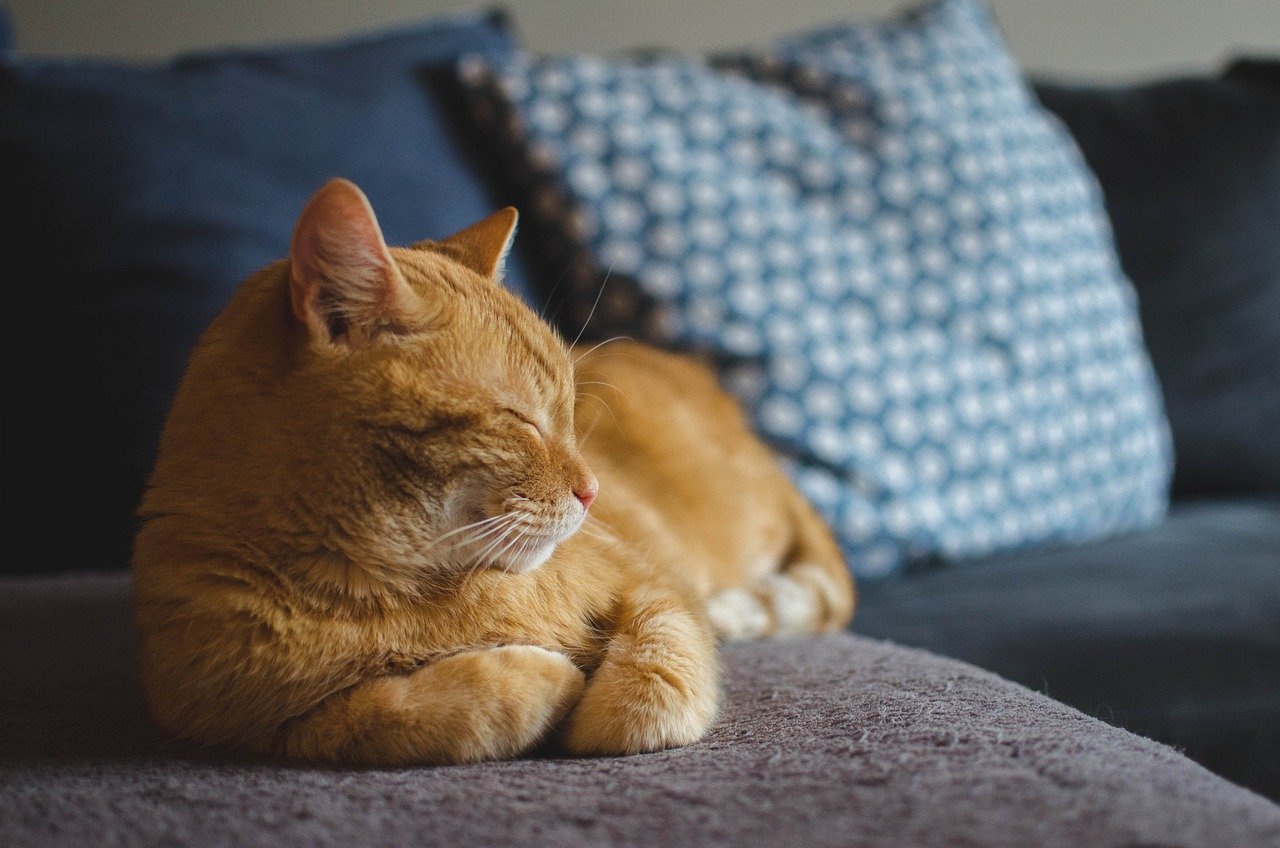
Changes in a cat’s environment—like moving furniture or a missed meal—can send their stress levels through the roof. Sensitive cats are especially prone to feeling anxious when their world shifts unexpectedly. Routines act like a gentle lullaby, soothing their nerves and reassuring them that all is well. When a cat knows what’s coming, their bodies produce fewer stress hormones, which means less frantic grooming or nervous hiding. Think of it as the difference between walking a familiar path and stumbling through a dark forest. The routine lights up their day, keeping worry at bay.
Promotes Healthy Eating Habits

Cats are creatures of habit, especially when it comes to food. Emotionally sensitive felines may refuse to eat if their feeding schedule changes, leading to skipped meals and upset stomachs. By sticking to regular feeding times, you encourage your cat to eat steadily and avoid digestive issues. This regularity also prevents food-related anxiety, as your kitty knows exactly when and where their next meal will appear. It’s a simple gesture, but it can mean the world to a sensitive cat who finds comfort in predictability. Over time, you’ll notice your cat’s appetite and overall health improving, simply because you stuck to a mealtime routine.
Helps Manage Litter Box Behavior

Believe it or not, a routine can even affect your cat’s bathroom habits. Sensitive cats are quick to react to changes, sometimes refusing to use their litter box if their daily routine is disrupted. Regular cleaning and consistent access to their litter box at predictable times can prevent unwanted accidents and stress-related issues. If your cat knows when to expect privacy and cleanliness, they feel more at ease. It’s a small detail, but for a cat who feels everything deeply, it makes all the difference. Keeping this part of their day steady helps avoid litter box mishaps and keeps everyone in the house happier.
Supports Emotional Bonding
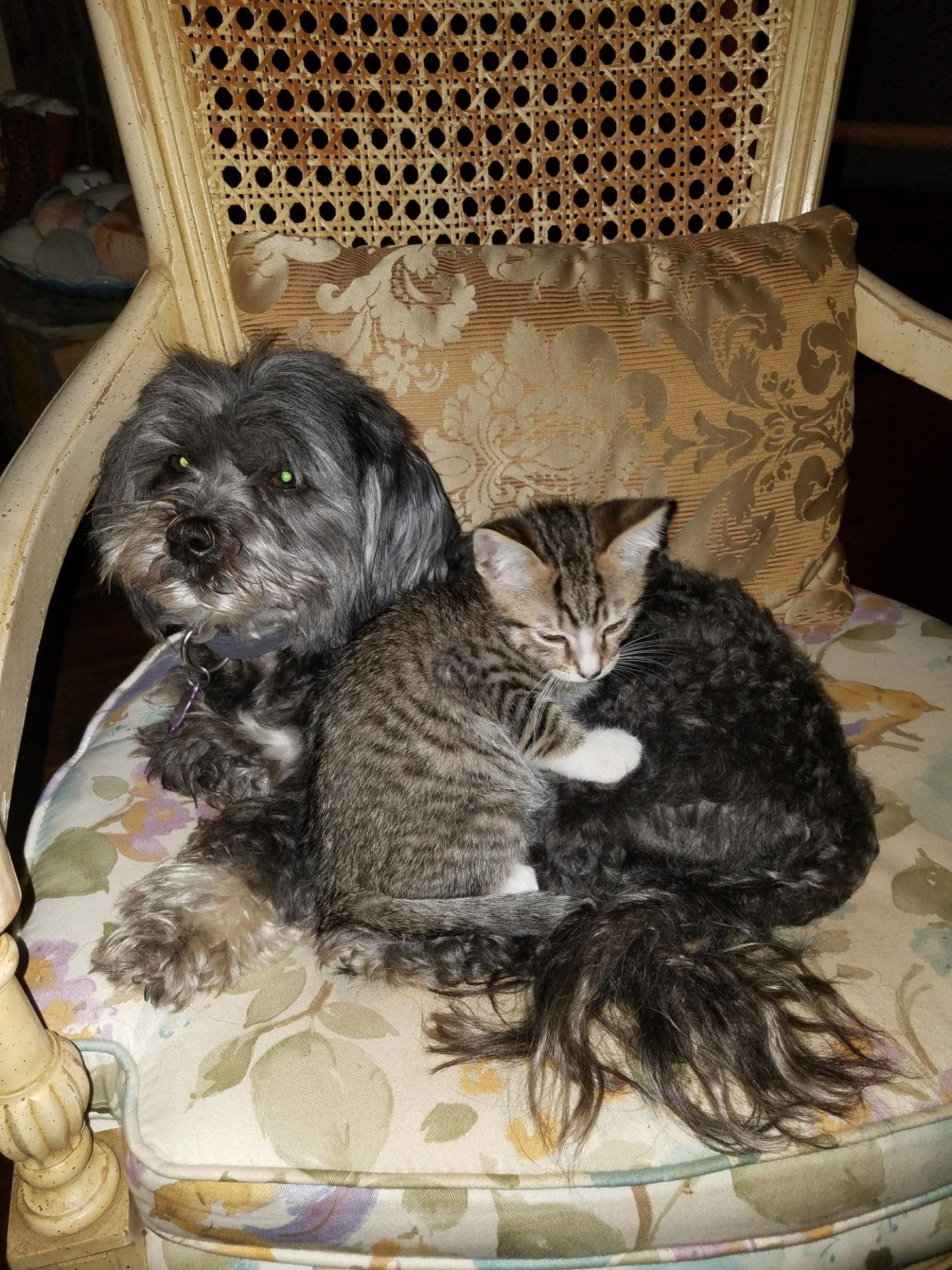
Routines aren’t just about structure—they’re also about connection. Cats thrive on predictable interactions with their favorite humans. When you set aside time each day for cuddles, play, or gentle grooming, your cat feels loved and understood. Emotionally sensitive cats, in particular, blossom when they can count on these daily moments. It’s like having a secret handshake with your furry friend. They anticipate your attention and respond with trust, deepening your bond and reducing their emotional vulnerability. Over time, these shared rituals create a language of love between you and your cat.
Encourages Positive Play and Exercise
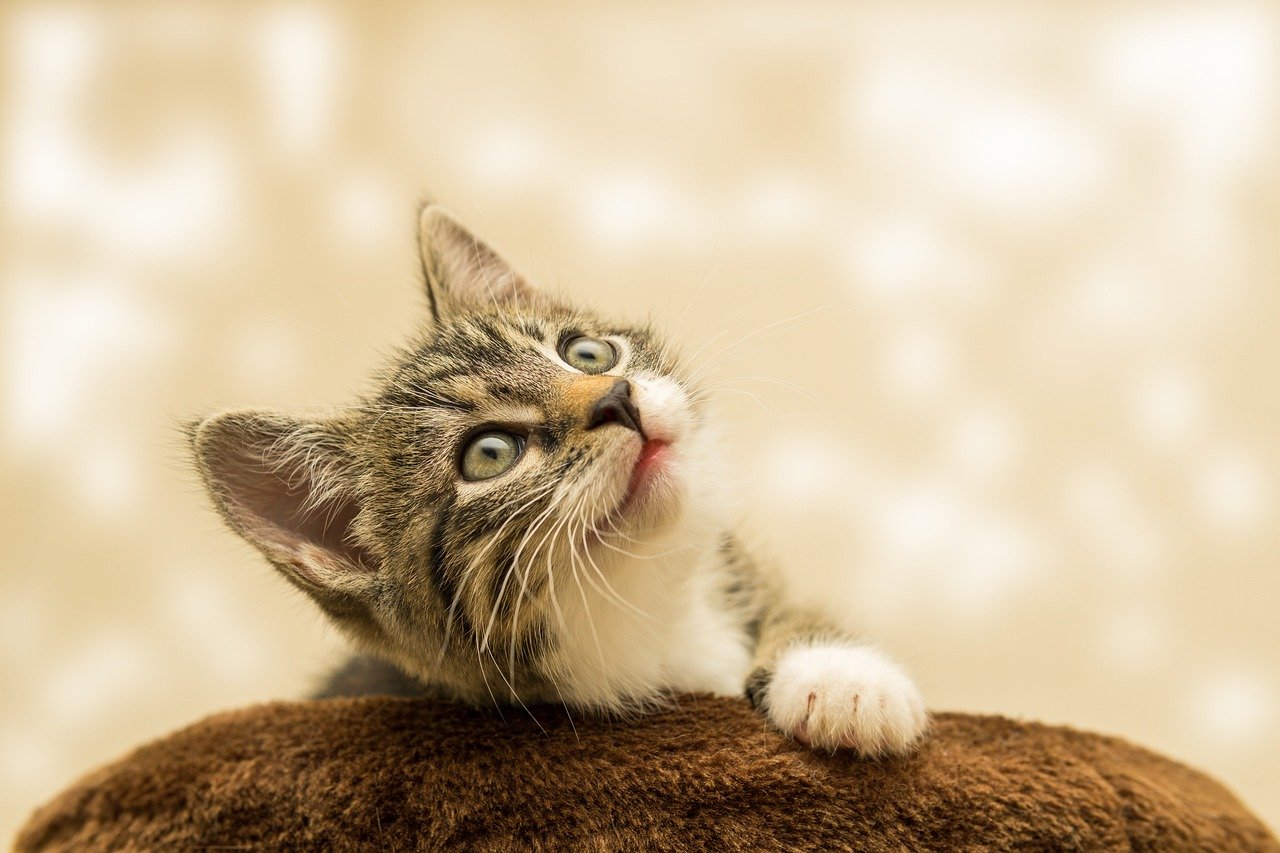
Energetic play and exercise are vital for every cat, but especially for those who are prone to emotional ups and downs. By scheduling playtime at the same hour each day, you give your cat something to look forward to. For sensitive cats, this predictability eases their nerves and channels their energy in healthy ways. Watching your cat leap and chase their favorite toy at a set time each day is not just adorable—it’s therapeutic. It’s like a mini-vacation from their worries. Regular play strengthens their body and spirit, keeping anxiety at bay.
Minimizes Unwanted Behaviors

When routines fall apart, sensitive cats may act out. Scratching furniture, excessive meowing, or even aggression can all be signs of emotional distress. A consistent daily rhythm helps curb these unwanted behaviors by providing an outlet for their energy and emotions. When your cat knows what’s expected, they’re less likely to rebel. Imagine a child who thrives with a bedtime routine—cats are much the same. They feel grounded and secure, so misbehavior fades into the background. This makes life easier not just for your cat, but for everyone in your home.
Improves Sleep Patterns
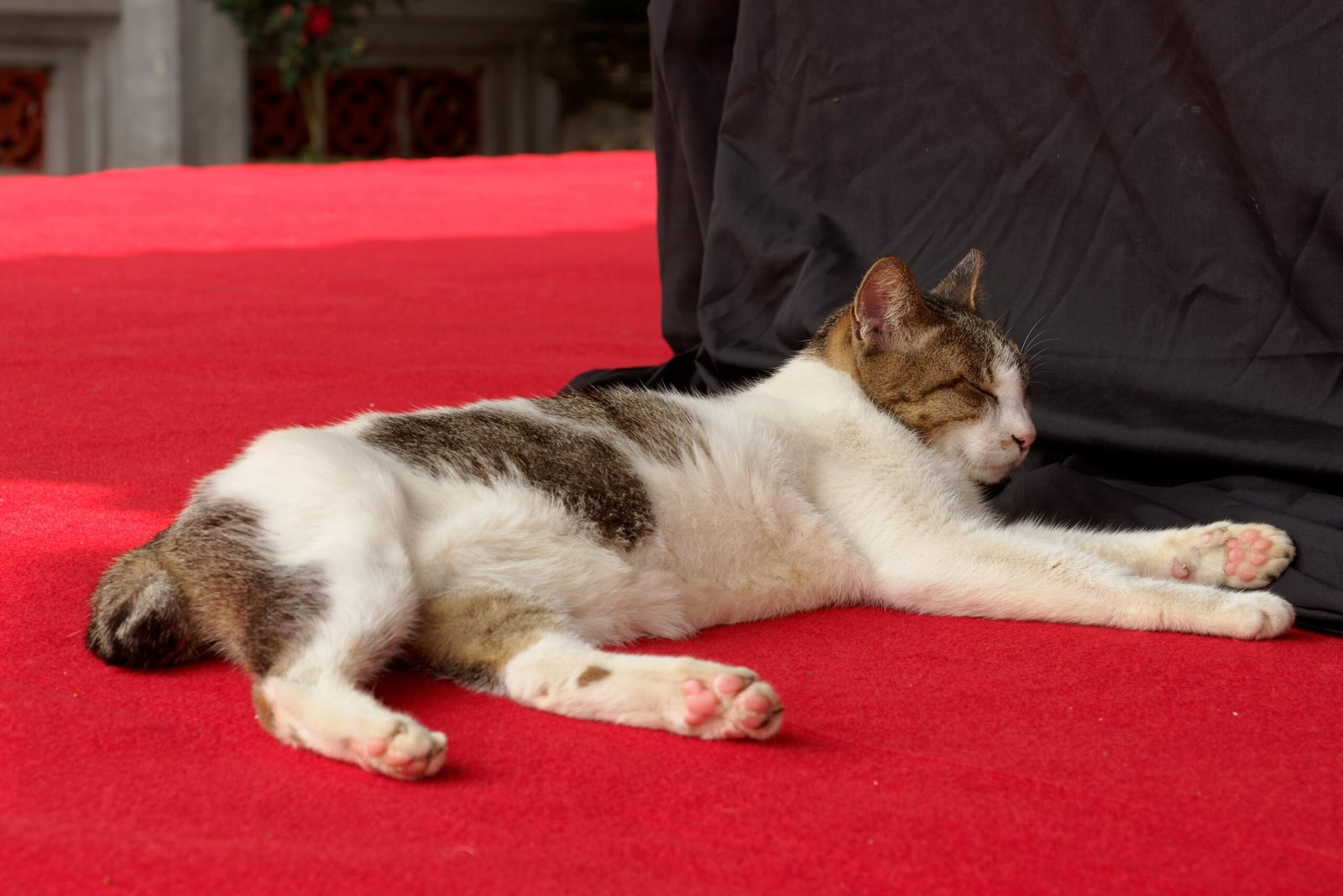
Cats are famous for their catnaps, but sensitive ones may struggle to sleep when their days feel chaotic. A predictable routine signals when it’s time to rest and when it’s time to play. Over time, your cat’s body learns these cues, helping them settle down more easily at night. This can mean fewer midnight zoomies and more peaceful sleep for both of you. Regular sleep is essential for emotional balance, and a daily rhythm supports healthy rest. It’s like tucking your cat in with a familiar bedtime story—they know what to expect and can drift off contentedly.
Facilitates Easier Vet Visits
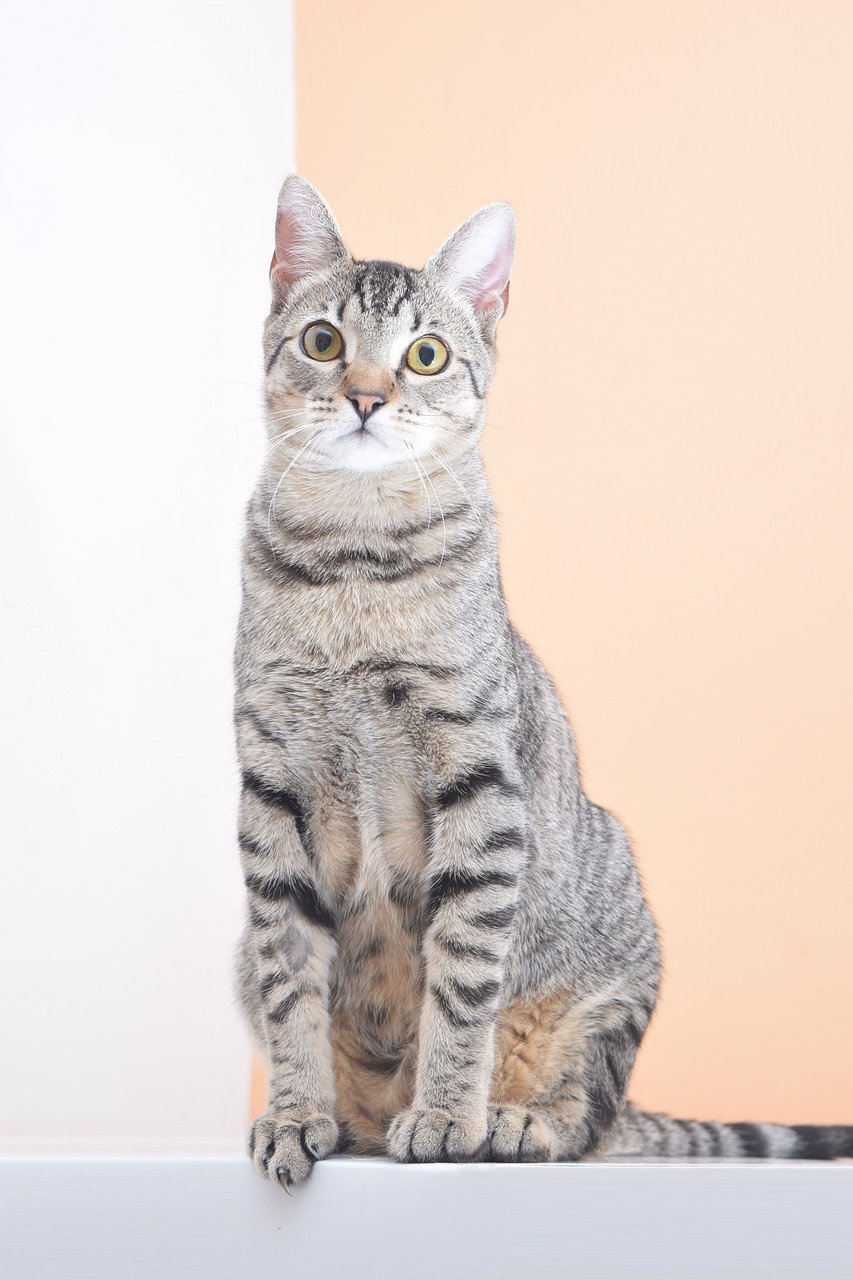
Nothing ruffles a sensitive cat’s fur quite like a trip to the vet. However, routines can make these stressful outings easier. By getting your cat accustomed to a carrier, handling, and short car rides as part of their daily or weekly routine, you reduce the shock when it’s time for a real appointment. Introducing these experiences gradually teaches your cat that new things can fit into their routine, making vet visits less traumatic. Over time, your cat may even begin to tolerate these disruptions with a little more grace.
Strengthens Trust in Their Environment
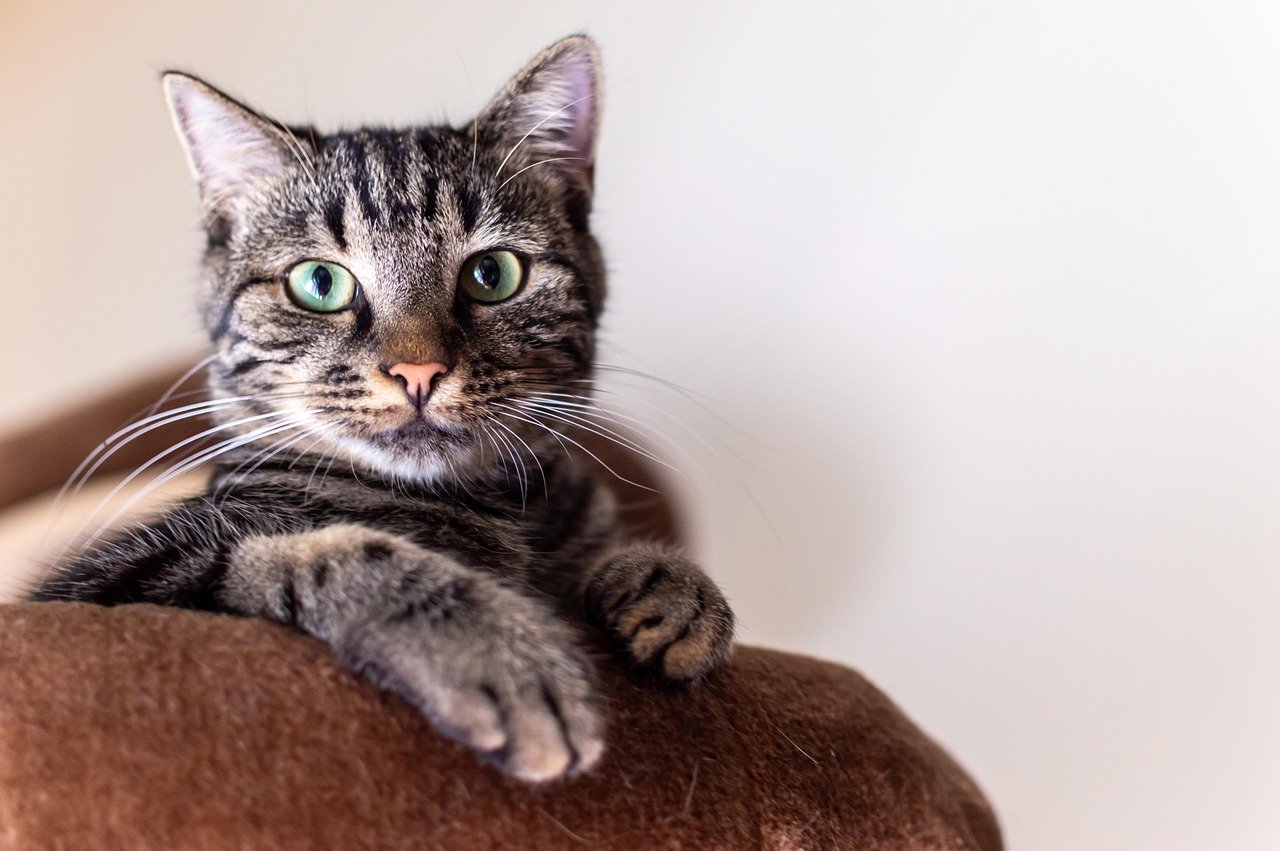
For emotionally sensitive cats, trust doesn’t come easily. A daily routine is like a promise that the world is not as scary as it seems. When their needs are met predictably and gently, they build confidence in their surroundings and the people they love. This trust forms the backbone of a happy feline life, allowing your cat to explore, play, and relax without fear. Over time, you’ll see your cat blossom, venturing out more and showing their quirky personality. It all begins with the comfort of routine.
Reduces the Impact of Household Changes

Life happens—people move, babies arrive, furniture gets rearranged. For sensitive cats, these changes can feel like earthquakes. But when a strong routine is in place, your cat has a safety net to fall back on. Familiar feeding times, play sessions, and cuddles become their anchor in a sea of change. It’s the cat version of holding onto a favorite blanket during a thunderstorm. Even when everything else shifts, their routine helps them cope and adapt more smoothly.
Promotes Better Grooming Habits

Sensitive cats sometimes over-groom or neglect grooming when stressed. Having a daily routine that includes gentle brushing or designated self-grooming times can keep their coats healthy and their minds calm. Your cat learns that grooming is just another part of their day, not something to stress about. This regular attention not only keeps their fur shiny but also strengthens the bond between you. It’s a win-win for cleanliness and emotional well-being.
Helps Identify Health Issues Early
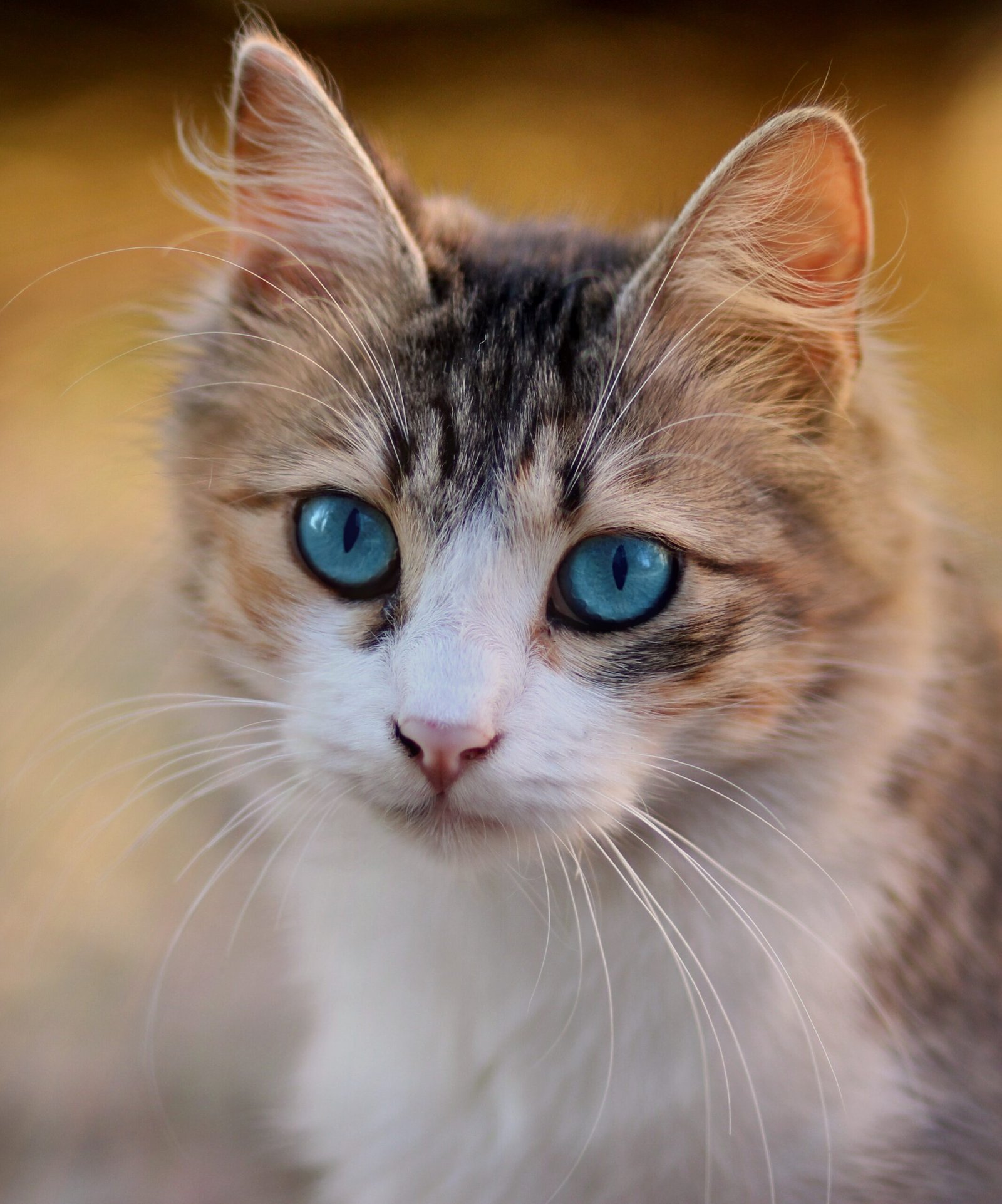
When you follow a daily routine, it becomes much easier to notice when something is off with your cat. Changes in appetite, energy, or behavior stand out against the backdrop of predictability. For sensitive cats, who might hide illness or stress, this attention to detail can be life-saving. You’re more likely to catch health problems early, simply because you know what “normal” looks like for your feline friend. This proactive care keeps your cat healthier and happier in the long run.
Creates a Calming Atmosphere at Home

A home with routines is a calm home. Sensitive cats absorb the energy around them, so when things are peaceful and predictable, they relax too. Regular meal times, play, and quiet periods create a soothing atmosphere that benefits everyone. It’s like background music for your cat’s soul—steady and reassuring. When your cat feels calm, you’ll notice fewer outbursts and more content purring. This harmony ripples throughout your home, making it a sanctuary for all.
Helps with Multi-Cat Households

If you have more than one cat, routines can prevent drama. Sensitive cats, in particular, need to know their place in the pecking order. Scheduled feeding, play, and quiet times help reduce competition and misunderstandings. Everyone knows when it’s their turn, and conflicts become less frequent. This structure creates peace among your furry family members, allowing sensitive cats to thrive even in a crowded home. Harmony becomes the norm, not the exception.
Assists with Medication and Special Needs

Some sensitive cats require regular medication or special care. Adding these routines into their daily schedule makes it less stressful for both of you. Your cat begins to expect and tolerate these moments because they’re woven into the fabric of their day. This consistency reduces resistance and helps ensure your cat gets the care they need. Over time, medication becomes just another part of the routine, not a dreaded event.
Supports Training and Good Manners
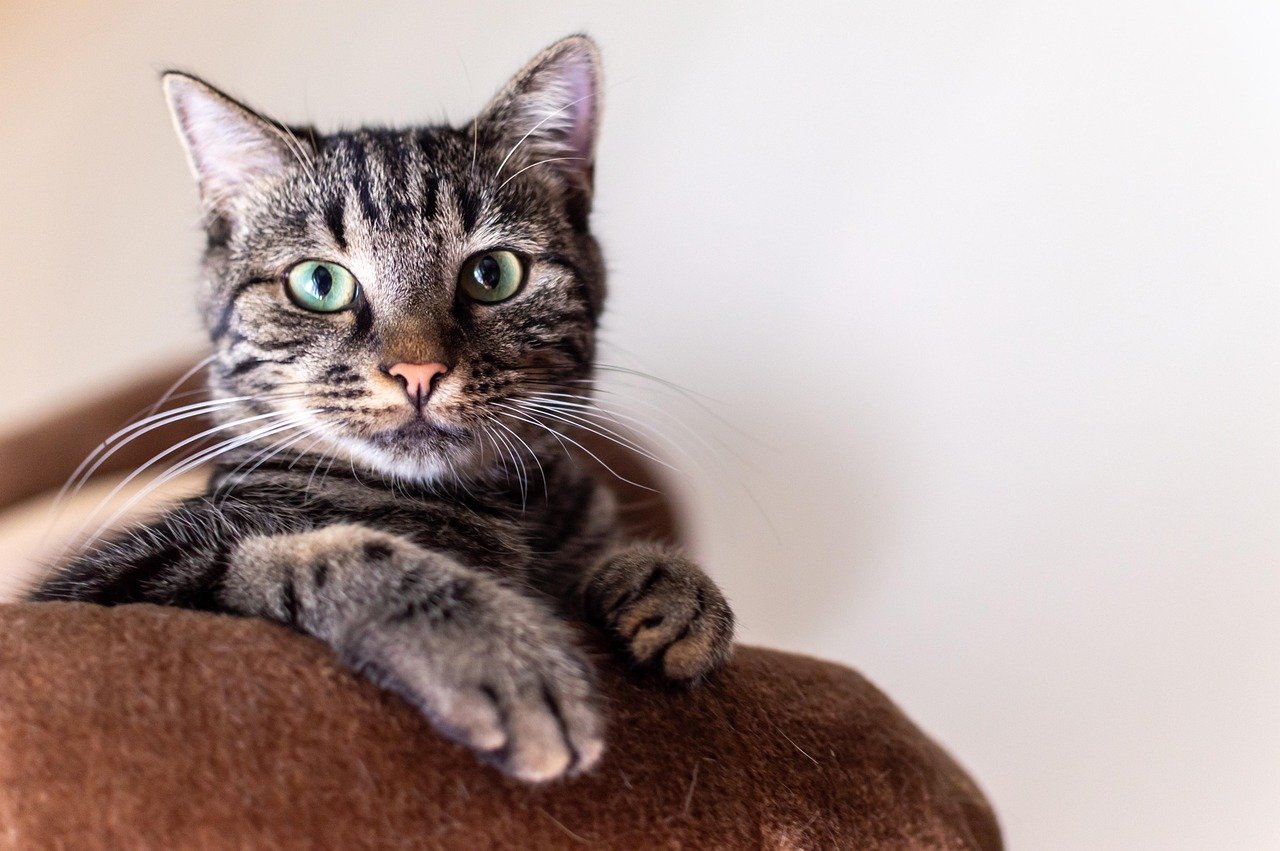
Daily routines are the secret sauce for training cats, especially sensitive ones. When cues and rewards happen at the same time each day, your cat learns faster and feels more confident. This structure makes it easier to teach good manners, like using a scratching post or coming when called. For sensitive cats, knowing what’s expected removes confusion and fear. Training becomes a positive experience, building your cat’s self-esteem and trust.
Builds Predictable Social Interactions
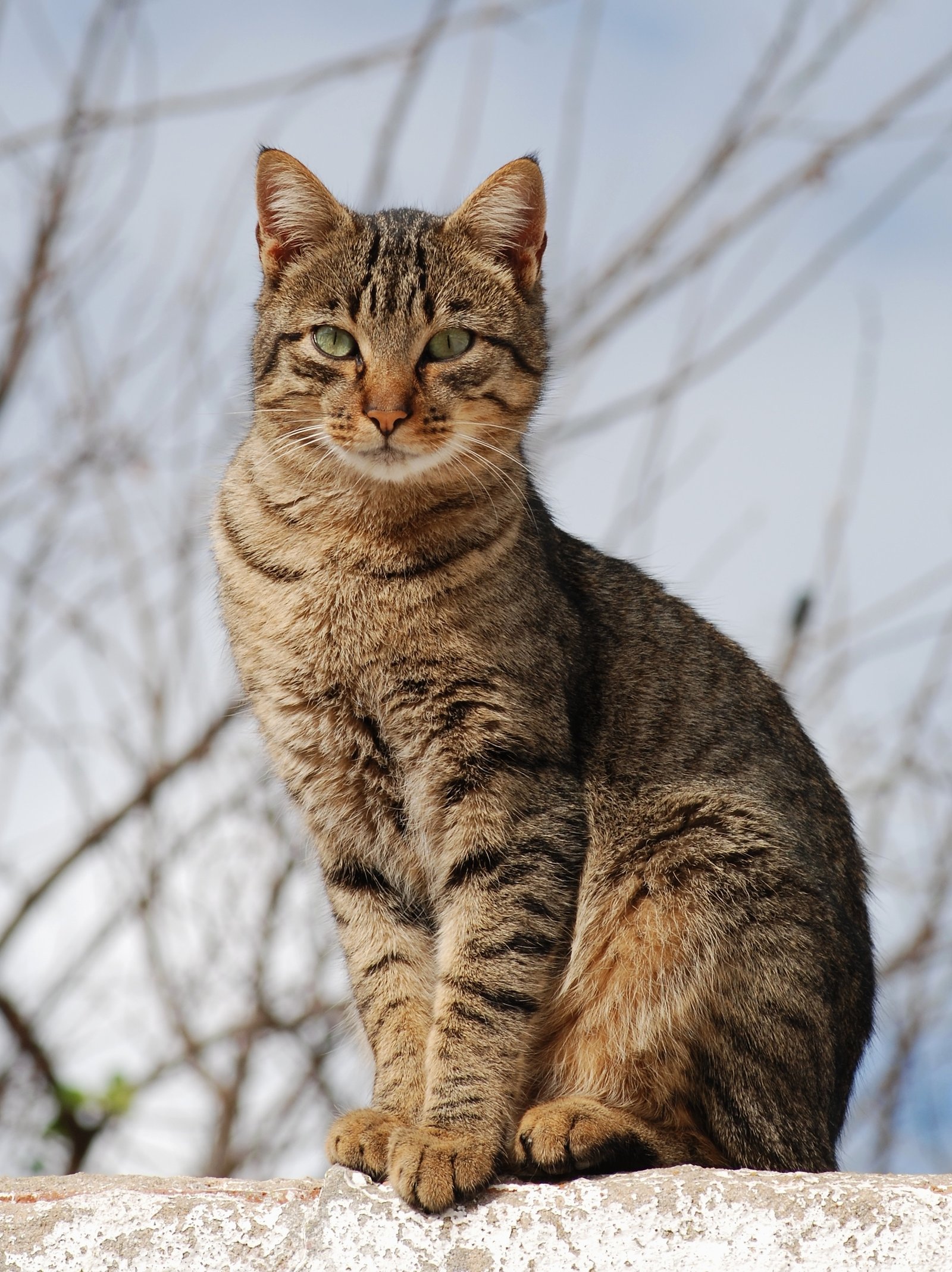
Sensitive cats may be wary of guests or changes in household activity. By scheduling social interactions—like quiet family time or gentle introductions to new people—your cat can adjust at their own pace. Predictability helps them feel less threatened and more willing to engage. Over time, your cat may even start to look forward to these interactions, knowing they’ll happen in a controlled, familiar way.
Prepares Cats for Aging and Life Changes
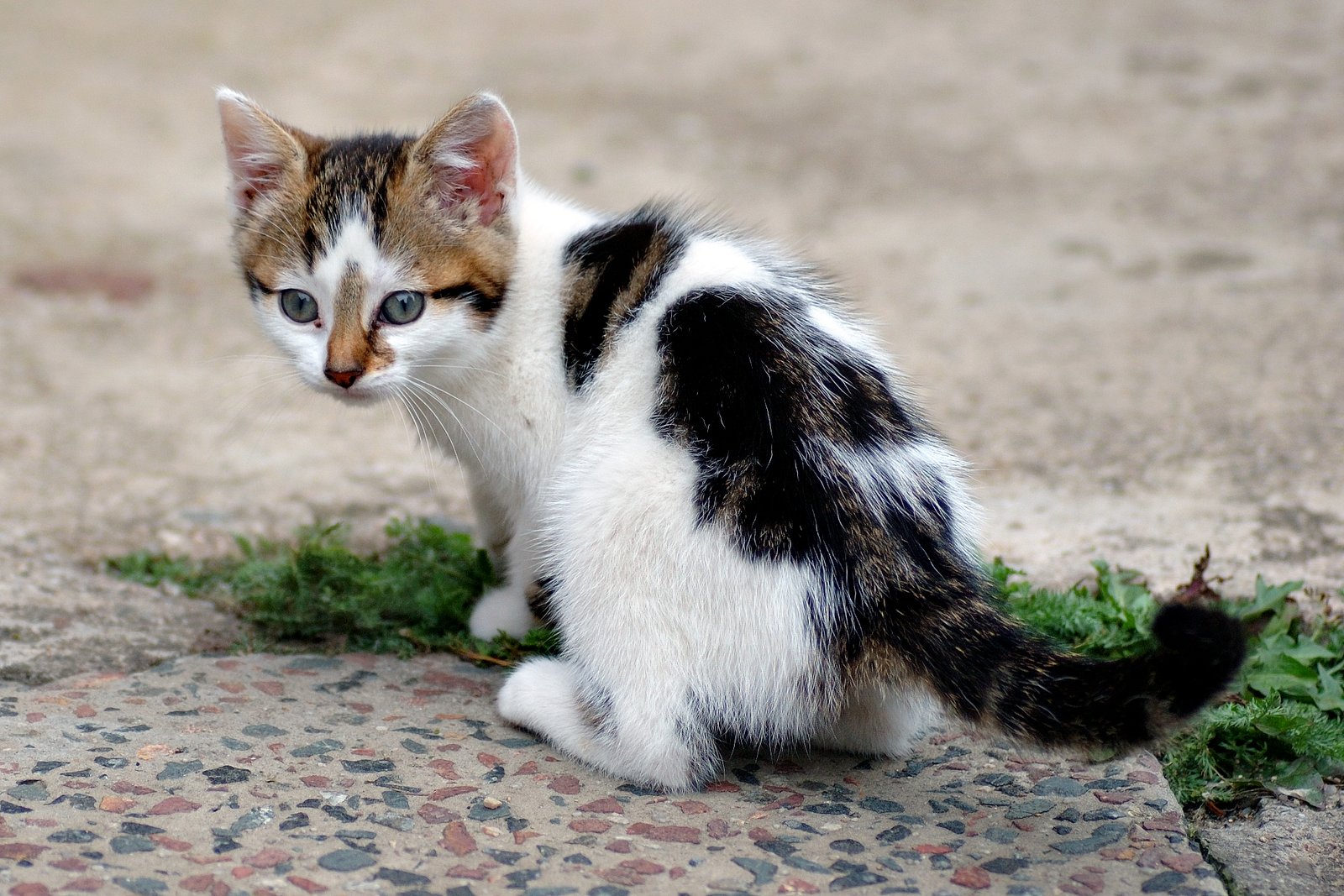
As cats grow older, routines become even more important. Sensitive cats, in particular, rely on their daily rhythm to navigate the challenges of aging, such as declining mobility or changes in appetite. Keeping a steady schedule helps your cat adjust to life’s inevitable changes with less stress. It’s like giving them a gentle roadmap as they journey through their golden years. This predictability provides comfort and reduces the anxiety that often comes with aging.
Fosters a Happier, Healthier Cat

Daily routines are more than just schedules—they’re the heartbeat of a sensitive cat’s world. By committing to consistent care, you help your cat feel secure, loved, and understood. Their emotional health blossoms with each predictable day, leading to fewer problems and more joy. It’s a simple act with powerful results, transforming your home into a true haven for your feline companion.
Hi, I’m Bola, a passionate writer and creative strategist with a knack for crafting compelling content that educates, inspires, and connects. Over the years, I’ve honed my skills across various writing fields, including content creation, copywriting, online course development, and video scriptwriting.
When I’m not at my desk, you’ll find me exploring new ideas, reading books, or brainstorming creative ways to solve challenges. I believe that words have the power to transform, and I’m here to help you leverage that power for success.
Thanks for stopping by, Keep coming to this website to checkout new articles form me. You’d always love it!






